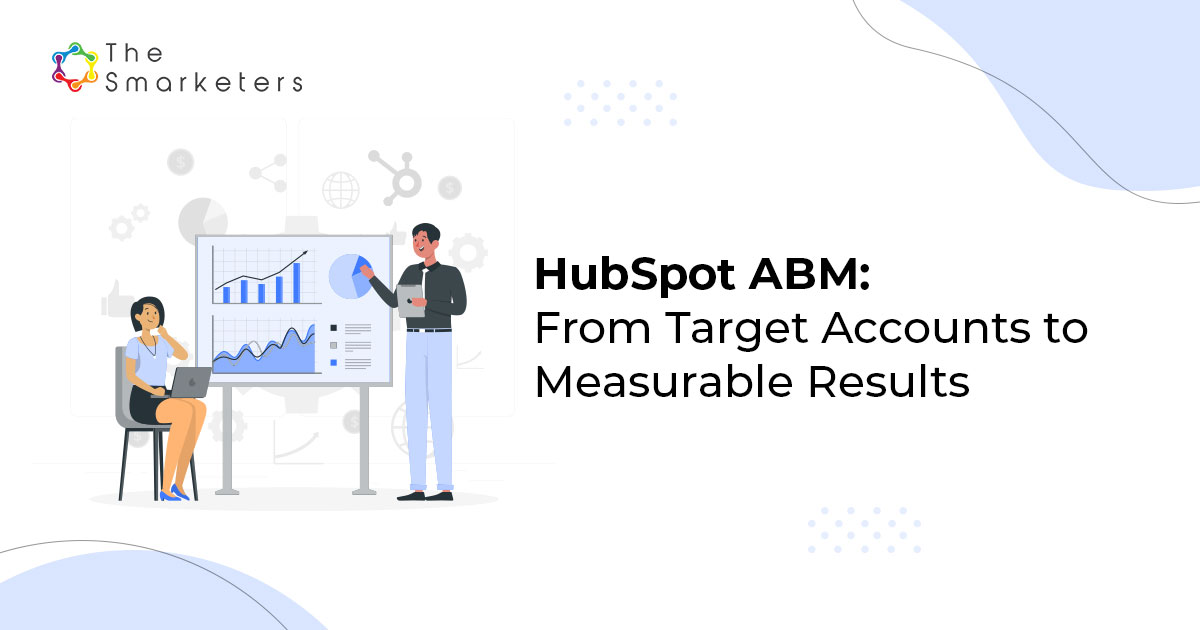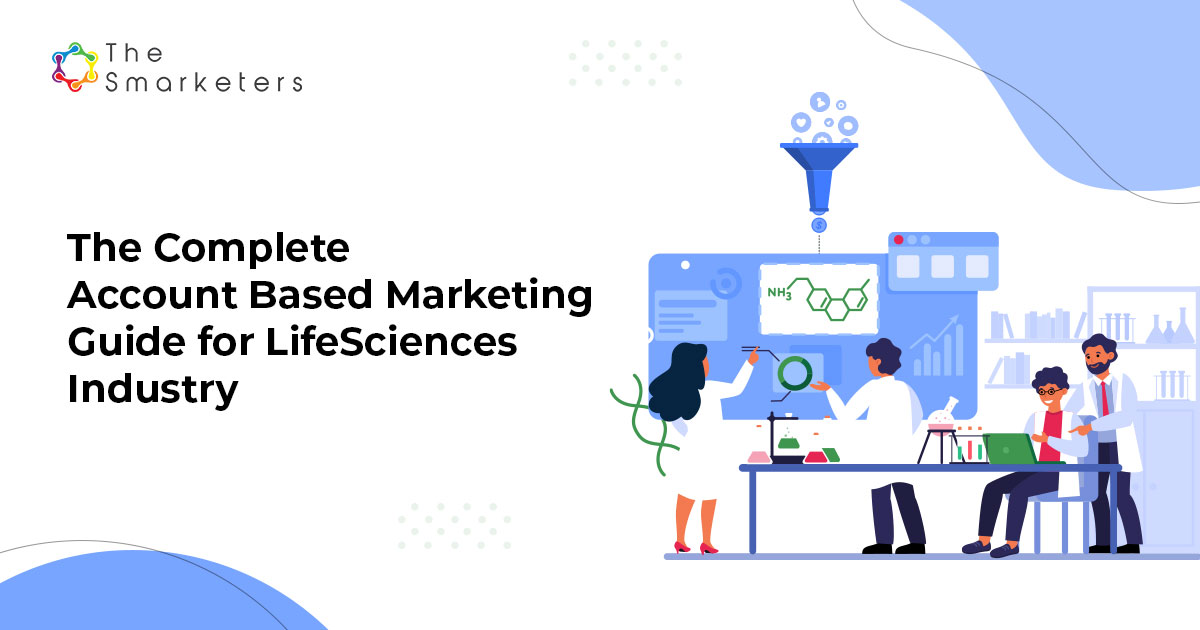Low-hanging fruits always give quick visibility and traction to gain momentum. Online marketplaces are the quick buck makers for manufacturers when it is time to test B2B sales. With 81% of shoppers conducting online research before making big purchases, having an online market presence on relevant marketplaces would be one of the top priorities for a manufacturer.
Burgeoning e-commerce online marketplaces for B2C sectors are very common, but the B2B players are also picking up momentum to set shop online. These B2B online marketplaces come with a different culture, expectation and norm of the land for marketers.
How do online marketplaces work?
Not all online marketplaces work the same way. But, the most successful marketplaces have a few aspects in common. Just like any of the offline marketplaces, you can do some amount of branding while setting up your online shop using the marketplace infrastructure. You can interact and transact with customers online.
Some allow you to create and receive customized quotes while others encourage you to sell pre-determined packages and prices without allowing any scope of negotiation or bargain. Few marketplaces also provide the option of reversing the transaction if the customer is not satisfied with the product provided.
As much as these platforms enable ease to find the relevant target audience, it is equally difficult to position yourself among other competitors who exist on the platform.
Read more: Is the Manufacturing Industry Ready For Inbound Marketing?
Advantages of Online marketplaces
Online marketplaces are seen to have more pros than cons. Here are a few strong reasons why you should invest in an online marketplace.
Fast Growth: It is estimated by Forrester Research that B2B Online Marketplace will exceed $1 Trillion by 2020 in the US market alone. For global markets, it’s even better. This also indicates that the B2B buying behaviour is changing fast towards completing transactions online. More and more customers are going to choose the online way to make their business purchases.
Light Site Infrastructure: To set shop in an online marketplace involves very little investment in the online site infrastructure as well as offline logistics. The online marketplace provider brings in the advantage of providing the necessary infrastructure such as a payment gateway, warehousing, transaction reversals, delivery and so on your behalf. All you need to do is manage the best inventory for distribution.
Easy and Better Visibility: Online marketplaces have solved one of the most pressing challenges for manufacturers in the B2B space. The marketplace is target highly relevant customers, making it very simple for sellers to find them. It helps in saving a lot of time spent on marketing and segmenting. The most important factor about branding still remains the customer experience and this is taken care of by the online marketplace.
Product Cataloging: With multiple product lines in your basket, you can generate a product catalogue which remains a one-time effort. Each time you have a new product or call off one, you can update it onto the online catalogue. It does not refrain you from updating products at any time and lets the customer decide what they want to buy. This further helps in the market validation of new products.
How to prioritize online marketplaces?
There is a single marketplace that gives you all. The bigger ones could be crowded and the smaller ones would lack customer traction. With the variety available, you may find it challenging to prioritize which online marketplace you should spend time setting your shop. Here are a few factors that will help you prioritize.
#1 Domain Authority (DA) & Traffic: This is a pure online metric. You probably won’t use this for offline evaluation. You need to check the amount of traffic the online marketplace is receiving and also the domain authority. Traffic denotes how popular it is among B2B buyers. The more the better. Tools like Alexa and SEO analyzer would help you estimate the traffic.
DA is a term coined by an SEO expert called MOZ. It simply tells you how many websites are linked to the marketplace and the probability of it ranking better on the Google search engine. This tells you how often and easily would this marketplace be found when someone searches with search queries relevant to the website. You could use a MOZ research tool or SEO review tools to check the domain authority and backlinks.
Once you have enough proof of its online presence, findability and popularity, you would need to validate the most obvious metric — customer traction.
#2 No.of buyers/ users: Popular B2B markets like Amazon.com and Alibaba are gigantic. They have a huge no.of eyeballs. But, there are also a few niche B2B online marketplaces that are built exclusively for manufacturing, retail and other industries. Though they have relatively less no.of eyeballs, the customers who visit these websites are a lot more relevant to the seller.
#3 Product bundling: Bundling products is an important feature that differentiates the best online marketplaces from the rest. You can package multiple products into a single bundle for specific customers and target audiences. This need not be done manually. Product cataloguing features include product bundling functionalities too. Some of the marketplaces use an algorithm to automate this process and help in increasing sales while others would require you to share the details at the back-end to provide the necessary recommendations.
#4 Site logistics: This is the primary reason why a manufacturer would choose to set up the shop on an online marketplace. The marketplace brings down the infrastructure investment cost for small manufacturers and also takes the hassle of distribution and offline logistics connected to delivery.
The marketplace also spends money on marketing itself and the products published on its site. This would bring down the burden of marketing and distribution for small manufacturers to a large extent.
#5 Experience: Online marketplaces exist and gain popularity as a preferred shopping outlet, based on their ability to create a great shopping experience. Right from the ability to find products easily, make a purchase and deliver it, the customer goes through a certain experience. The marketplace involves the customer in creating that wholesome experience. This is a customer-centric aspect that builds over time with customer feedback. So, the customer review and feedback is what matter to your criteria of evaluation.
#6 Metrics and payment methodology: Online marketplaces earn their money based on the volume of transactions that happen. You need to gain clarity on how the commission is calculated on each transaction, do they have slabs or do they use a variable formula. Apart from how much will be deducted from the sale, you also need to understand how you would receive money from the marketplace provider; on what frequency and volume of sale.
#7 Market Specialization: More and more emerging marketplaces are creating industry and market-specific online shop conglomerates. These market-focus websites would help you find the highly relevant target audiences and prospects, reducing the time involved in the sales cycle.
Apart from this, the marketplace will also have to deal with product returns and transaction reversals. To handle such scenarios, find out what exactly will be expected from you as a seller and how would the marketplace tackle resolving such issues.
Things to be included while going online: Optimize Sales
Online marketplaces help you showcase yourself in the best way possible. A few aspects that will help you boost sales are:
Use Search tags: To help users find your products, marketplaces recommend you assign search tags to each product. Add as many relevant search tags as possible to help users find the products easily.
Give complete information: Apart from the product’s description and image use as much useful information as possible. Other information could be such as warranty, features, functionality, dimensions, user hacks and anything that would increase saleability. Some of them would need some legal and geography-specific information, don’t miss out on sharing that. Some manufacturers also include installation guides and maintenance manuals which are well accepted by buyers.
Avoid Vendor Cancellations: Stay in touch with your marketplace provider by ensuring your inventory and product catalogue are in sync with each other. Update the online provider about new product arrivals and retrenched products from the market.
B2B online marketplaces for Manufacturers to Explore
We have listed some most effective B2B online marketplaces for manufacturers. This is a consolidated sheet gathered from different sources.
- Alibaba
- Thomas Net
- Indiamart
- Amazon Services
- DHGate
- EC21
- TradeIndia
- WholesaleCentral
- JoorAccess
- field engineer
- EWorldTrade
- MadeinChina
- GlobalSources
- iOffer
- ecPlaza
- ECVV
- Fibre2fashion
What should you be careful about?
Investing in something that makes your life simple also comes with some factors to be wary about. While choosing a marketplace, pay attention to the following.
Competition: Online marketplaces are open to all. And, if it is a good one, stay prepared to bump into your competitors and your product equivalents. Conduct a thorough recee of how your competitors have positioned their products in the marketplace.
Payment methodology: Payments are not uniform among all platforms. While some offer transaction-based payments, others offer periodic payments.
Manufacturers reported they felt 10% “more confident” at converting visitors to buyers through an online marketplace and 9% “more confident” at managing the final stages of purchase fulfilment through a direct online marketplace.
Now you have great reasons to try how online marketplaces work and help your team increase sales without physical infrastructure limitations.













